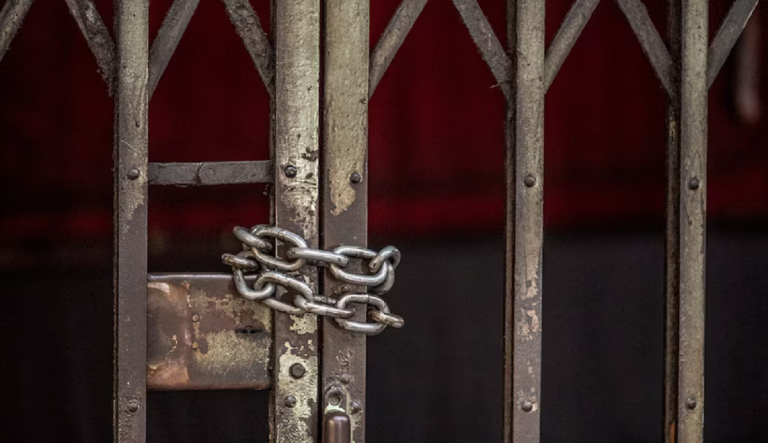Fiala warned that Czech prisons are currently full to 95% capacity. Photo credit: Freepik.
Prague, Jan 31 (CTK) – The number of prisoners in the Czech Republic and the length of time they spend behind bars are both too high, and there is a need for reform, said Czech Prime Minister Petr Fiala (ODS) today after visiting the Justice Ministry.
Fiala said there should be an amendment to the criminal code, the rigidity of sentencing should be changed, and alternative punishments should be used more frequently.
Fiala warned that Czech prisons are currently full to 95% capacity; in this respect, the Czech Republic does not fare well in international comparison.
“This is a topic demanding a solution on several levels,” Fiala said, adding that the government was working on the problem.
According to the latest data from the Prison Authority, there are 19,284 people behind bars, 536 more than a year ago.
There are 17,365 convicted prisoners, while the rest are in custody or in detention institutions.
Men comprise most of those convicted, while there are only 1,603 women in prisons.
Fiala said it was a good thing that the length of court trials was decreasing.
“Compared with the EU, the situation here is not bad at all. Still, there are a number of cases that attract the attention of the public, in which people do not see a clear court decision for up to ten years. This situation must change,” he added.
The data for 2021 show that the average length of civil proceedings in district courts has fallen from 281 to 271 days.
However, criminal proceedings lasted longer than previously, on average 205 days instead of 201.
Fiala and Justice Minister Pavel Blazek (ODS) also spoke about a proposed amendment to the public prosecutor’s office law that introduces a time-limited mandate for the supreme prosecutor.
Fiala also said that since January, the foundation of limited liability companies has been simplified, which contributes to the reduction of red tape.
He also highlighted the increased pay for court experts, translators and interpreters, which helps speed up trials.
Fiala said the online database of court decisions would help increase public trust in the justice system.






